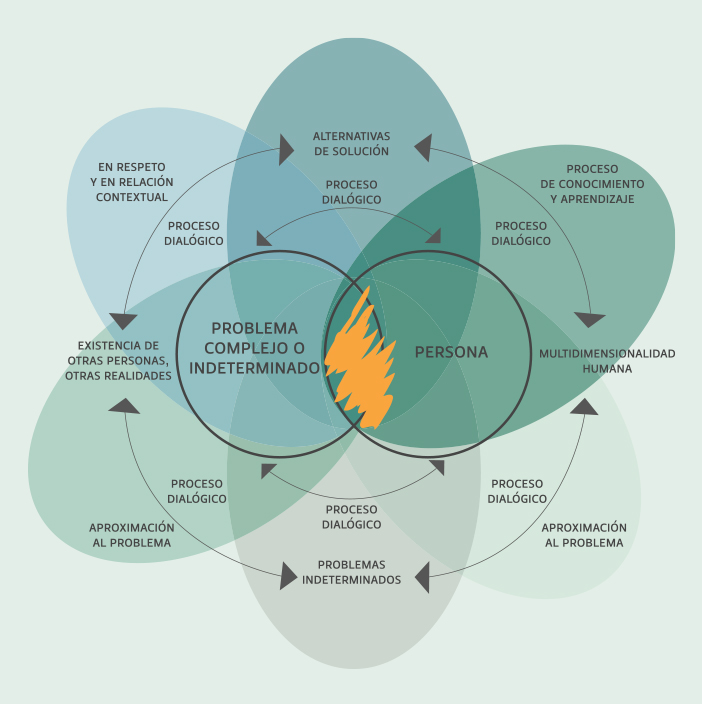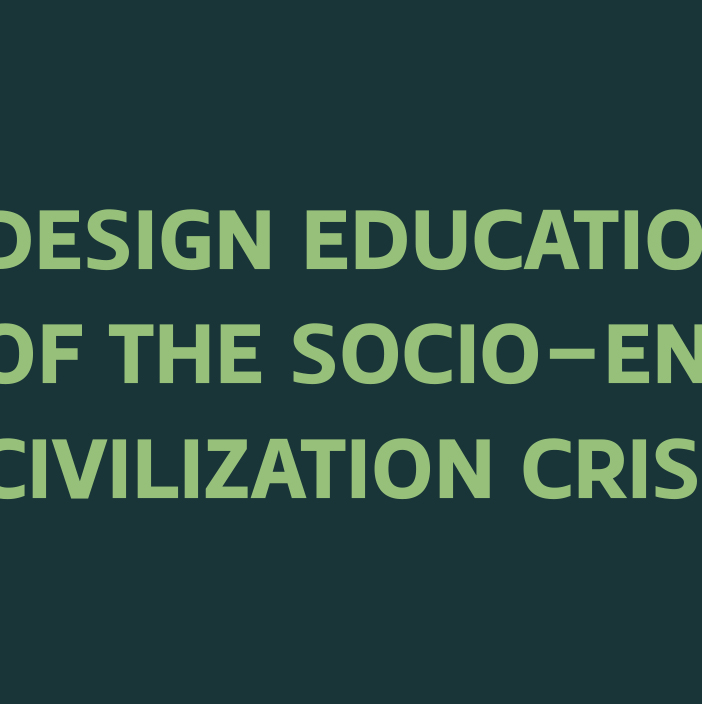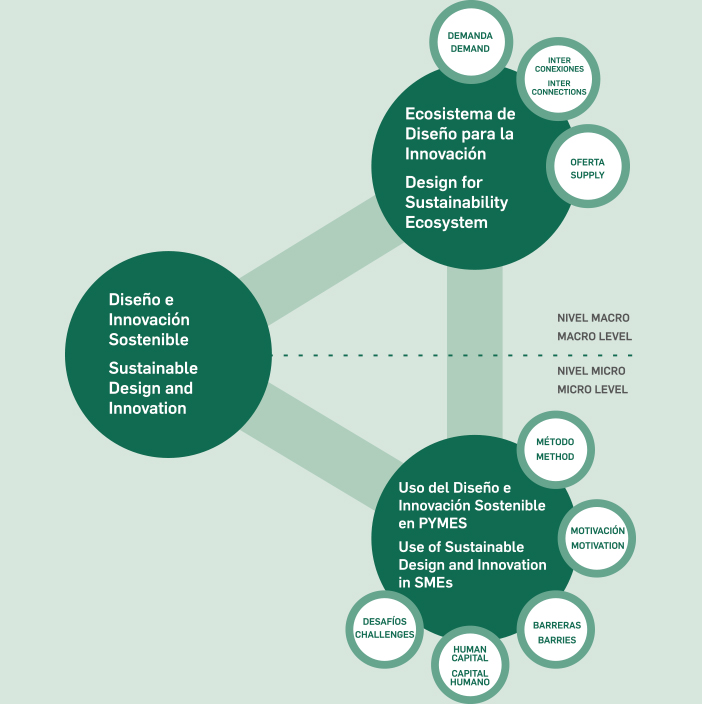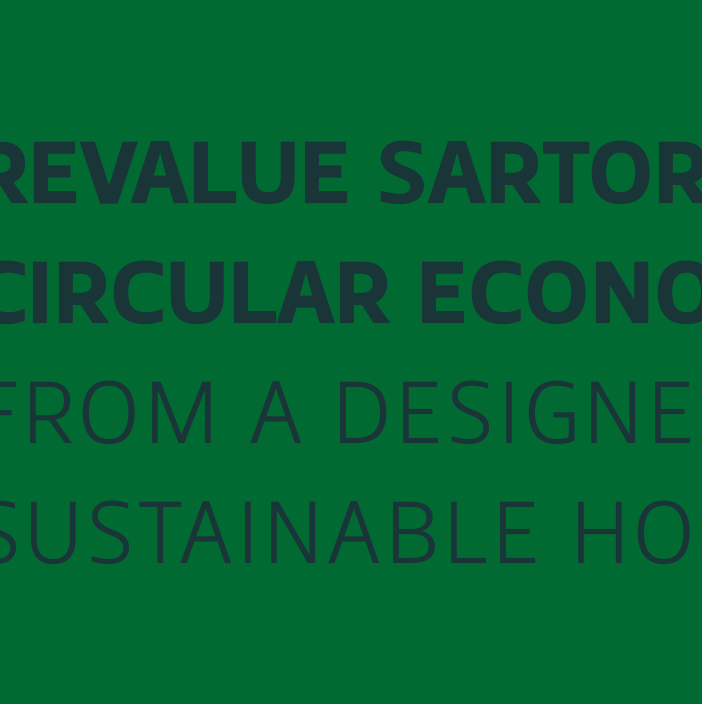Today, climate change, Covid-19 and geopolitical power plays are affecting traditional living standards with a series of unheard economic downturns, risk of inflation, and social upheavals. After one hundred years since the start of Staatliches Bauhaus in Weimar, Germany, it is timely to reflect on what would be the shape of that movement for democratization by design if it was to happen in the Global South. The latter is a concept that groups countries based on socio-economic and political characteristics in the regions of Africa, Asia, Latin America and Oceania, and by extension, it also infiltrates the developed countries (Global North) through their migrant and disadvantaged classes and sub-cultures.
Redefining design education and professional practice with a New Green Bauhaus from the Global South approach will assist a design response that take us from industrialized hardware manufacturing to an emerging experiential and life-centered design culture focussed on all species and their environment, not just user and human-centered that greatly reaffirms status quo; while also including manual fabrication, digitalisation, automation, and advanced technologies for human intelligence augmentation and enhancement of production with artificial intelligence.
This special issue brings together nine scholars from seven universities in Argentina, Brazil, Chile, Italy and Mexico, who, through their research, answer some of the questions proposed by the guest editors Mauricio Novoa Muñoz from Western Sydney University (WSU), Australia, and Rodrigo Vargas Callegari from the University of Valparaíso (UVC), Chile.
Published: 2024-06-07







